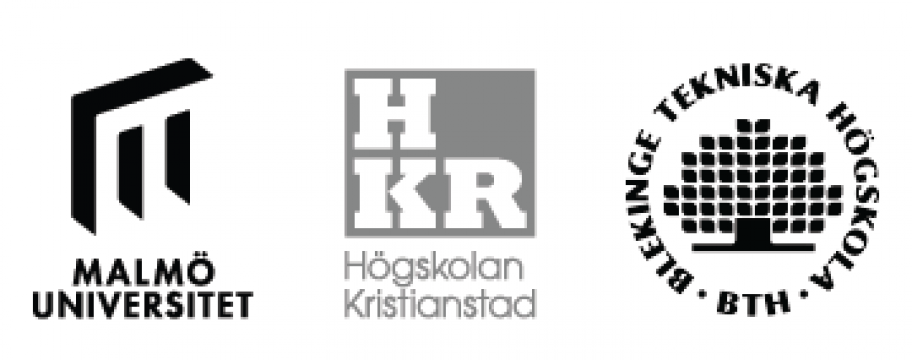- Presentatör: Davide Fucci
- Språk: Engelska
- Rumsvärd: Christina Vesterlund Hansson
- Typ av session: Presentation, 30 min
- Lärosäte: Blekinge Tekniska Högskola
- Länkar till presentationen:
 Pdf |
Pdf | Zoominspelning
Zoominspelning
Abstract
In higher educational settings, cooperative learning—i.e., in the form of group projects—is of paramount importance in applied disciplines, such as Software Engineering (SE).
Wheelan et al. established that a group of individuals working together towards a common goal goes through four different stages—Dependency & Inclusion, Counter-dependency & Fighting, Trust & Structure, and Work & Productivity. Such development includes both group structure (e.g., which individual takes which responsibility) and interpersonal processes.
We aim at validating whether the four stages of group development take place for SE students working together in groups during a semester-long project, and explaining possible deviations. Moreover, we focus on factors of interest, namely the students’ different backgrounds and the new working conditions they had to adapt to due to the COVID-19 pandemic.
We carried out a longitudinal survey, over three months, with 70 students taking part in the group work of a Master-level course in SE at Blekinge Institute of Technology. We used a simplified version of the Likert-scale questionnaire originally proposed by Wheelan et al. as well as open-ended questions.
The preliminary analysis of the survey data shows that the four stages of group development occur among students working together on a SE project, although not as pronounced as previous studies show in other settings. However, these results do not seem to be highly impacted by the students’ unusual working conditions.
Organizers and supervisors of SE group-based projects can monitor and motivate students in different stages and shall invest in helping groups to reach phase 3 and 4. Being aware of the group stage can, for example, facilitate giving feedback that is understandable for the students in the group. These recommendations hold for projects that require distance work.

